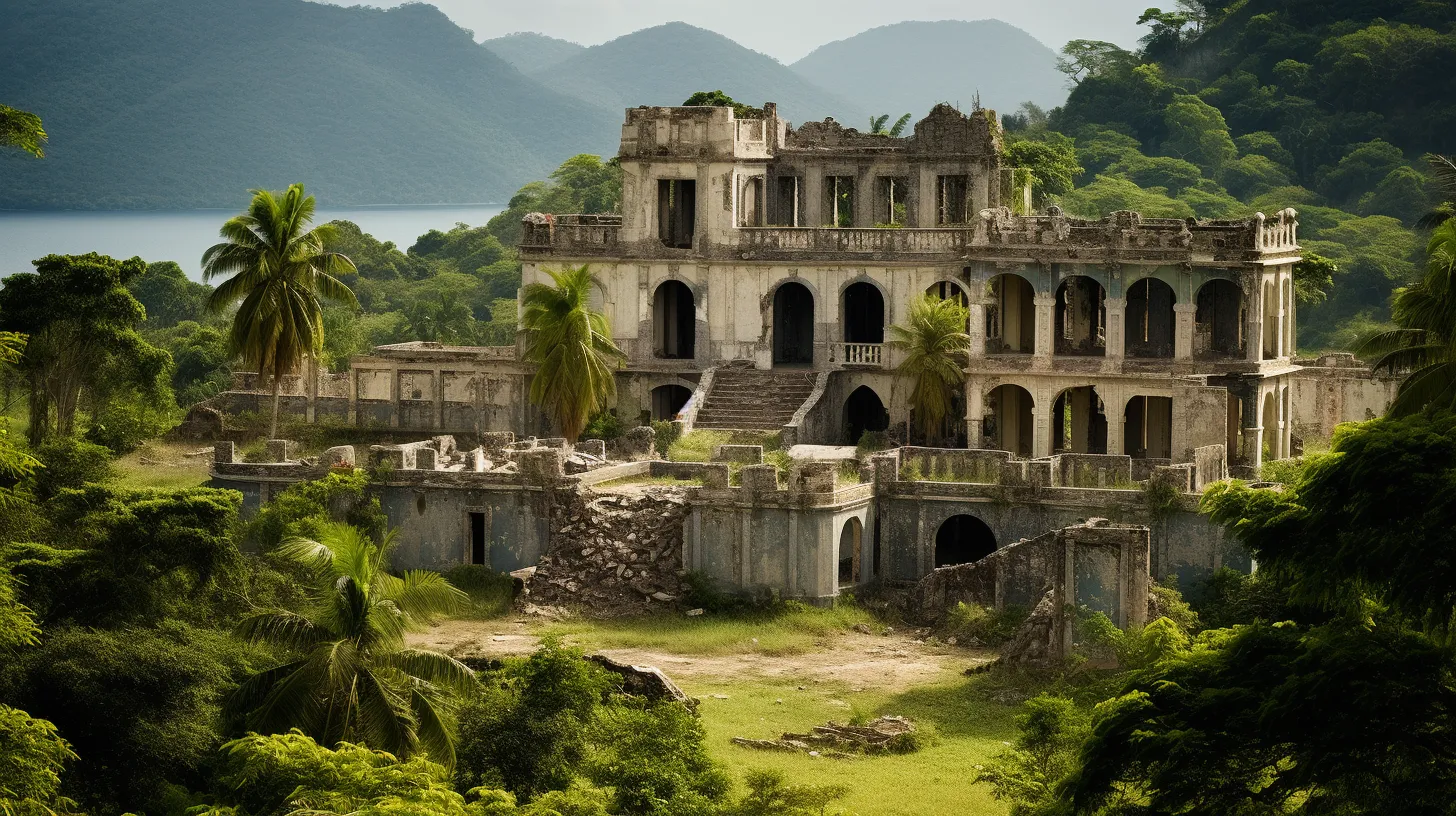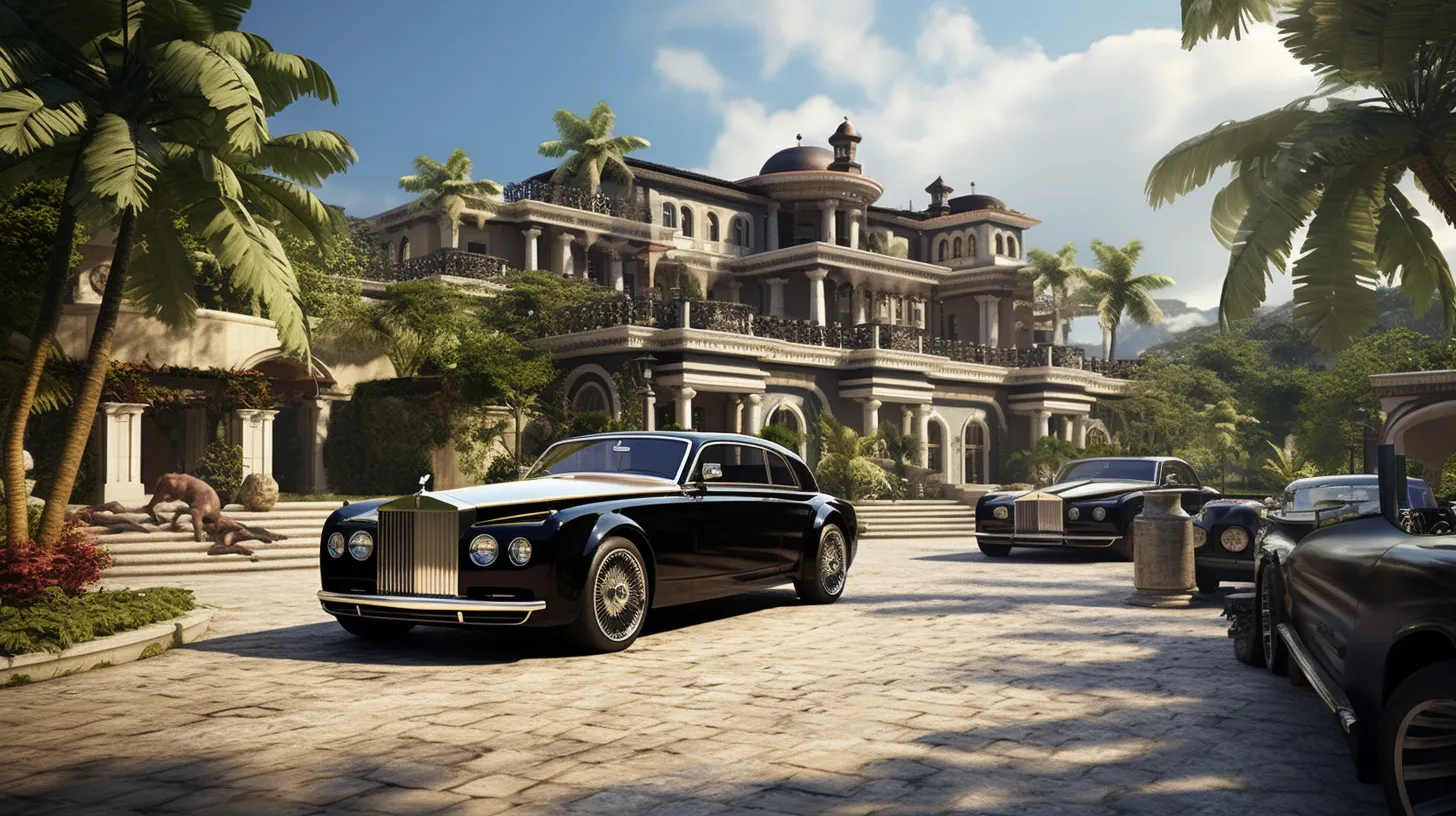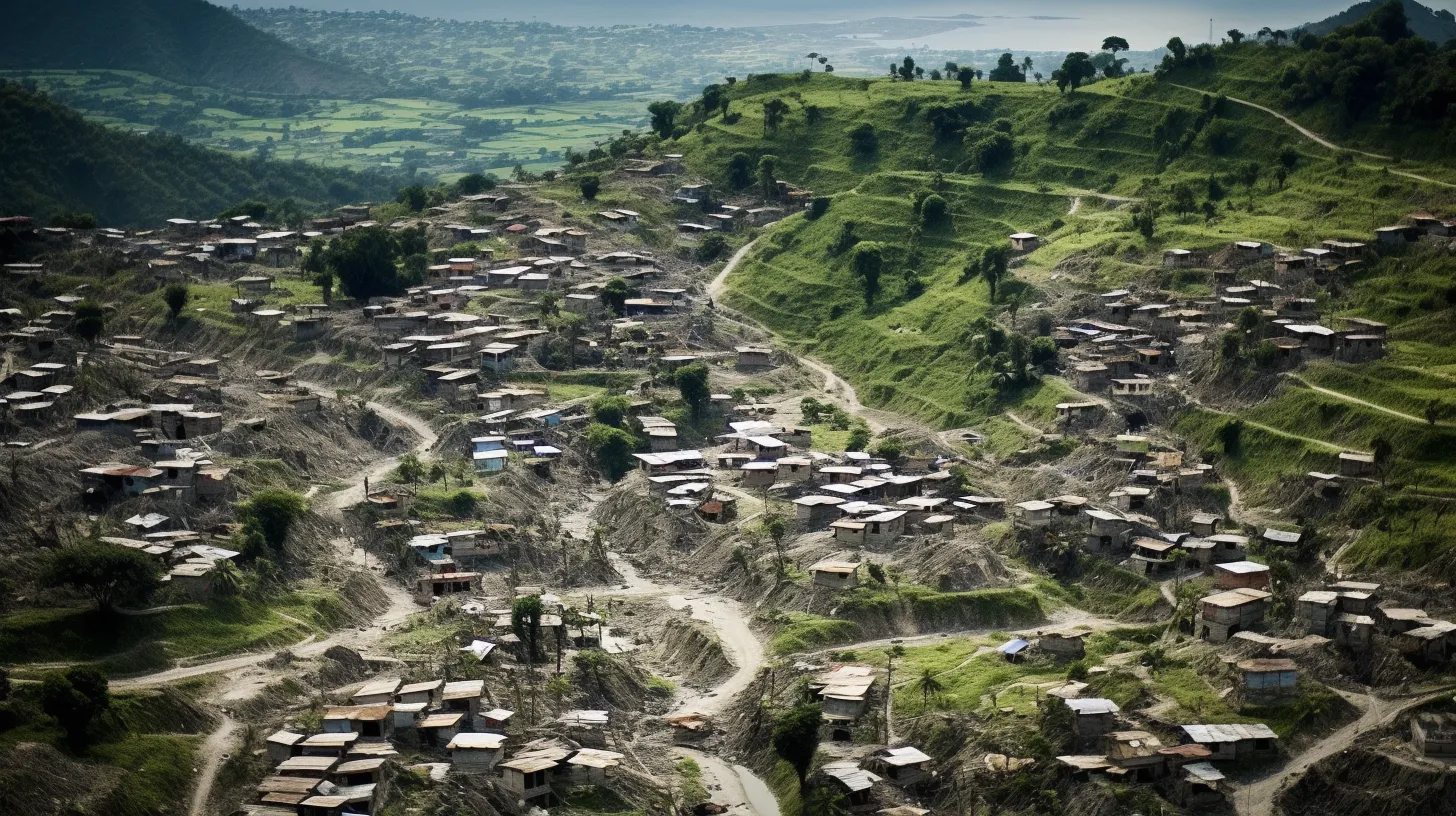Understanding the presence of an upper class in Haiti is a significant aspect to consider. In the 1980s, a mere 2% of the population fell into the upper class category, yet they wielded control over approximately 44% of the national income. This prompts an examination of the composition and impact of this privileged segment on Haiti’s progress.
Unraveling the historical, economic, and political influences, as well as the lifestyle and social advantages, that define Haiti’s upper class is essential for gaining insight into the country’s social and economic structure and its future path.
Historical Factors Shaping Class Structure

Historical events and societal influences have shaped Haiti’s class structure, impacting the formation and evolution of its upper class.
In Haitian society, the class structure was historically influenced by a caste system that favored the traditional elite, who controlled a significant portion of the national income. This elite class, characterized by membership in established families, cultural refinement, and specific physical attributes, held key positions in trade, industry, and real estate.
However, historical factors such as increased access to education and wealth in certain industries facilitated upward mobility, allowing individuals to move up within the class structure.
Additionally, the integration of ethnic minority groups into the elite Haitian society through intermarriage and participation in various aspects of upper-class life contributed to the evolution of the upper class.
These historical factors continue to shape Haiti’s class structure, albeit with trends towards more flexible class distinctions.
Economic Elite and Political Influence

The integration of Arabs into the upper and middle classes, through intermarriage and participation in all aspects of elite Haitian life, demonstrates the ability of certain groups to gain political and economic influence, indicating a complex economic elite with substantial sway over political affairs.
This integration of different ethnic groups affects the political landscape of Haiti in various ways. It introduces diversity into the power structure and potentially leads to a more inclusive representation of different communities. However, it can also create tensions and power struggles between different ethnic groups, as they compete for limited resources and influence.
The class structure plays a significant role in shaping the political influence of the economic elite. Those belonging to the upper class often have greater access to resources, education, and connections, giving them an advantage in political circles. This can perpetuate a system where the economic elite continues to hold power and influence, while the lower classes struggle to gain representation.
Skin color and connections to the United States can also impact the political and economic power of the elite in Haiti. Historically, lighter-skinned individuals or those with ties to foreign countries have often held more privilege and access to opportunities. This can result in unequal distribution of power and resources, further marginalizing certain groups within Haitian society.
Understanding the dynamics of the economic elite and their political influence is crucial in comprehending the power dynamics within Haitian society. It allows for a more nuanced analysis of how decisions are made and who benefits from them. It also highlights the need for transparency and accountability to ensure that the influence wielded by the economic elite is in the best interest of the entire nation.
To ensure that this influence is wielded responsibly for the benefit of the entire nation, measures need to be taken. These may include implementing policies that promote equal opportunity, reducing corruption, and increasing transparency in decision-making processes. Additionally, efforts should be made to empower marginalized communities and provide them with the resources and support necessary to have a voice in shaping Haiti’s future.
Lifestyle and Consumption Patterns

Approximately 44% of the national income in Haiti is controlled by the upper class, influencing their lifestyle and consumption patterns. The elite in Haiti have historically segregated themselves from the Middle Class and the poor, living in a state of privilege and opulence. Their lifestyle and consumption patterns reflect their commitment to preserving their lavish way of life.
Members of the traditional elite in Haiti, including wealthy Arab descendants, have integrated into the upper class, demonstrating their influence on consumption patterns. Their skin in the game is evident as they resist efforts to establish democracy and end the nation’s crisis, showcasing their dedication to preserving their lifestyle at the expense of the lower classes.
The arrival of the Middle Class in Haiti has also impacted consumption patterns, potentially challenging the status quo of the elite’s extravagant lifestyle.
Social Privileges and Educational Opportunities

Social privileges and educational opportunities play a crucial role in determining the advancement of individuals within Haiti’s upper class. Access to quality education is a key determinant of social mobility, enabling individuals to acquire the skills and knowledge necessary for success in industries and businesses.
However, disparities in educational opportunities persist, particularly for marginalized groups such as black Haitians.
The influence of social privileges is also evident in the networking and connections that individuals within the upper class can access, both domestically and internationally. For example, some affluent Haitians may have connections in New York or the Dominican Republic, which can further enhance their social and economic opportunities.
Understanding the intersection of social privileges and educational opportunities is essential in assessing the dynamics of Haiti’s upper class and the factors that contribute to its composition and advancement.
Impact on National Development

With regards to national development, the influence of Haiti’s upper class extends beyond economic spheres and into social and political realms. The upper class, predominantly composed of white Haitians, holds significant power and influence in shaping the direction of the country. Their control over national income and resources has implications for the overall economic development of Haiti.
Furthermore, the detachment of the elite from the majority of the population may hinder efforts towards creating a more inclusive and equitable society, which is essential for national development. The resistance of the elite to share wealth or work for the common good may contribute to social and economic disparities, affecting the progress and stability of the nation.
This perpetuation of a caste system and power dynamics could hinder efforts to create a just and equal society, thereby impacting national development.



